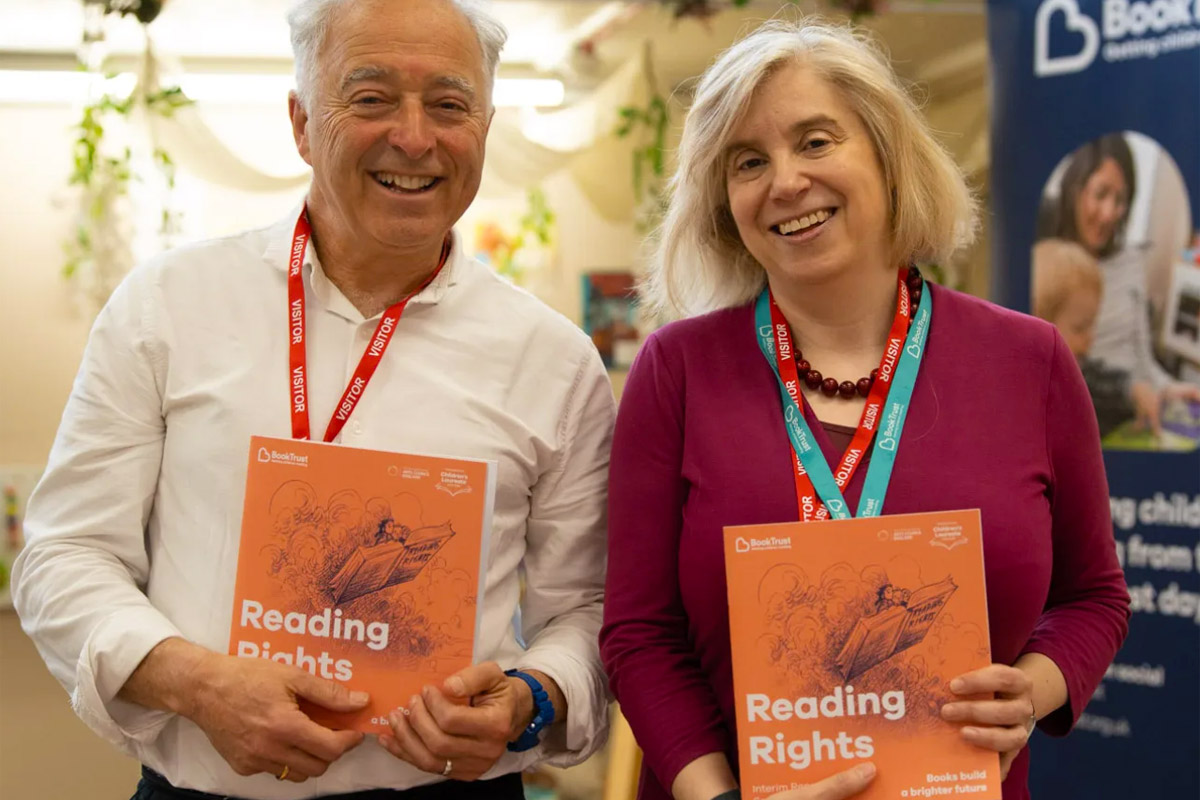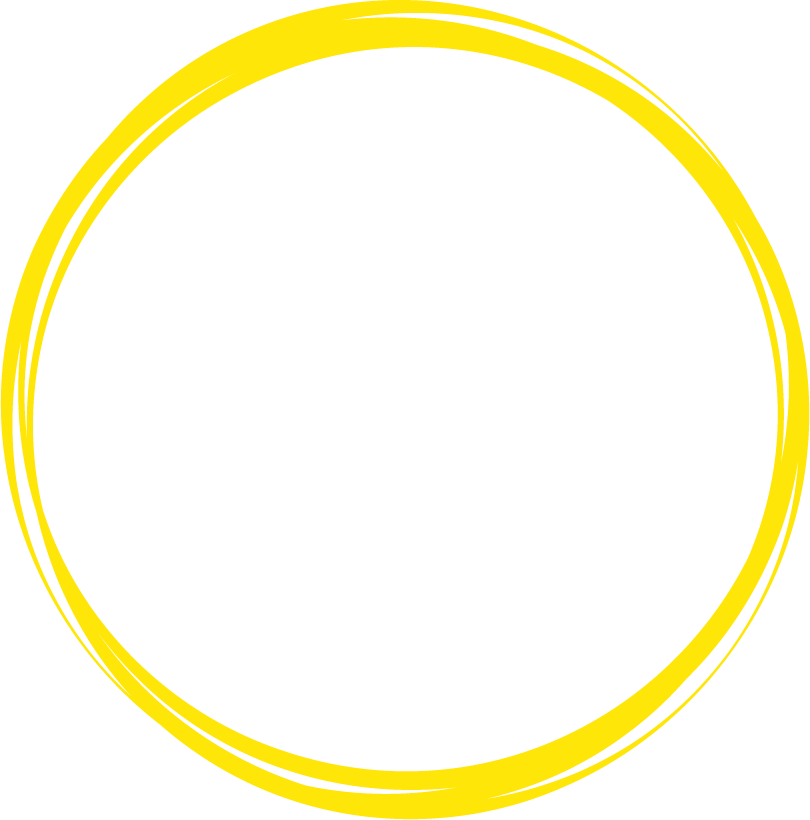
Welcome

The Talk With Tales for Children (TWiTCH) programme helps practitioners build confidence in leading storytime conversations. Through repeated readings of stories, use of dialogic reading prompts, games and activities, and the provision of playful learning environments, TWiTCH enables practitioners to nurture children’s language and communication skills…..
Latest News
-

Book Trust reading rights report launched
Book Trust and Waterstones Children’s Laureate Frank Cottrell-Boyce have launched their report which calls on national and regional leaders to put reading and sharing books… Read more
Posted
in News
Upcoming Event
No posts found
Recent Article
-
TWiTCH Pilot project – evaluation report released!
We are thrilled with the findings of the evaluation report. A heartfelt thank you to everyone who participated in the pilot and the other cohorts… Read more
Posted
in Articles
